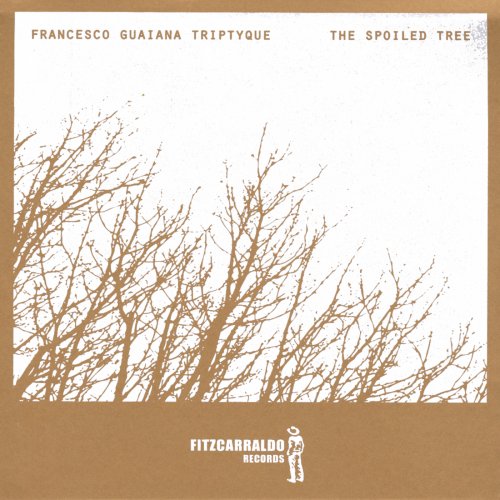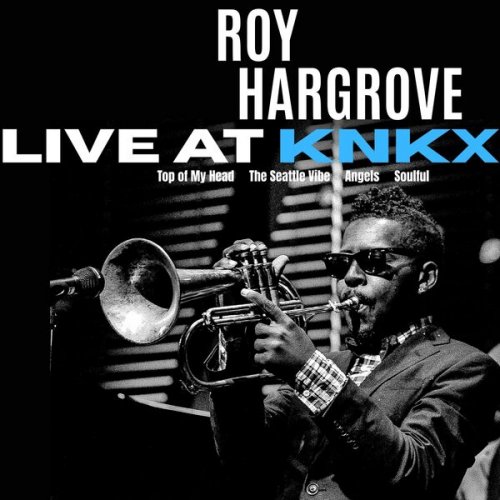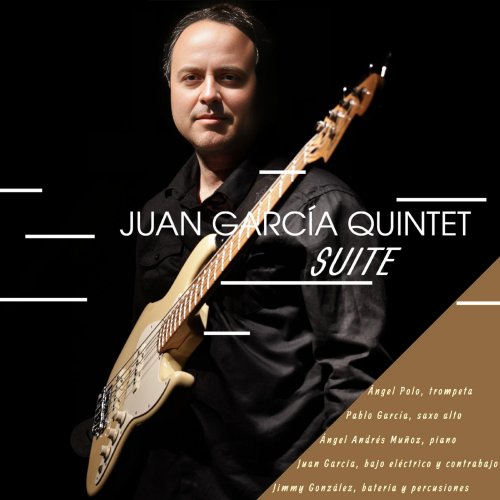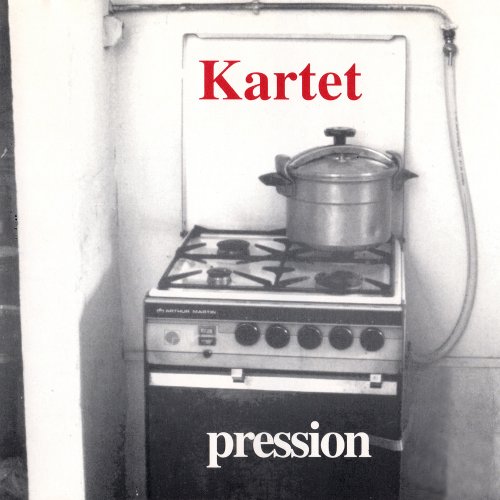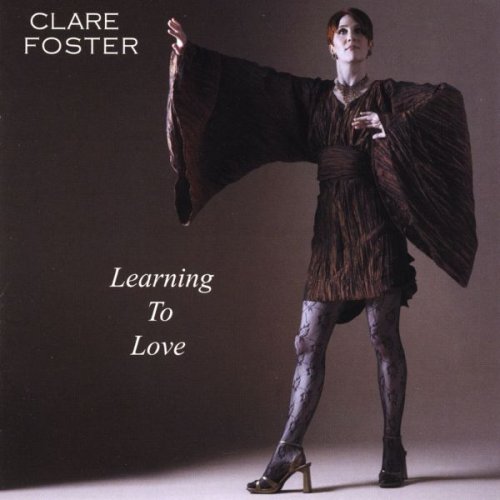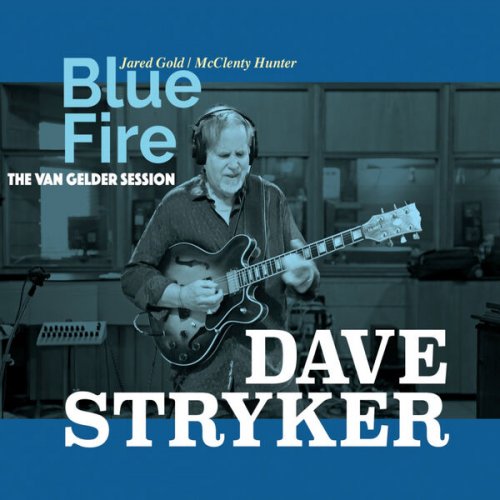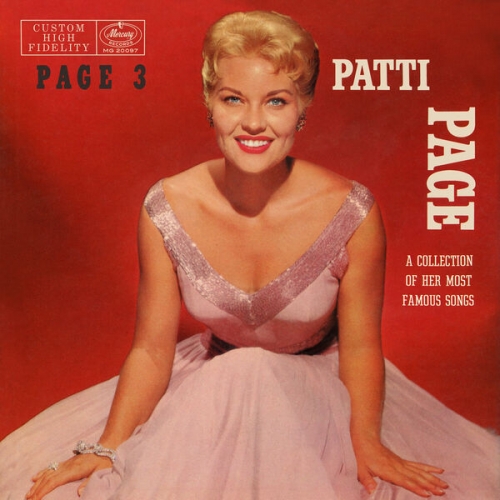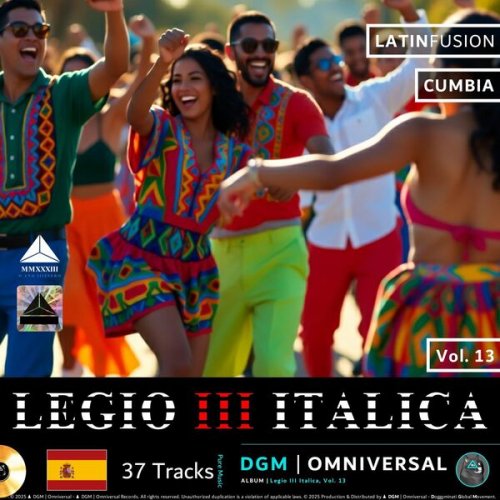Monika Mauch, L’arpa festante, Rien Voskuilen - Handel: Neun deutsche Arien (2008)
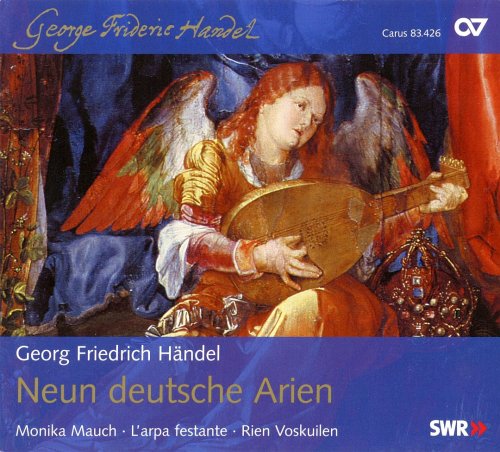
Artist: Monika Mauch, L’arpa festante, Rien Voskuilen
Title: Handel: Neun deutsche Arien
Year Of Release: 2008
Label: Carus-Verlag
Genre: Classical, Vocal
Quality: FLAC (image+.cue,log,scans)
Total Time: 57:48
Total Size: 289 Mb
WebSite: Album Preview
Tracklist: Title: Handel: Neun deutsche Arien
Year Of Release: 2008
Label: Carus-Verlag
Genre: Classical, Vocal
Quality: FLAC (image+.cue,log,scans)
Total Time: 57:48
Total Size: 289 Mb
WebSite: Album Preview
Handel: Neun deutsche Arien, HWV202-210 50:16
01 No. 5. Susser Blumen Ambraflocken, HWV 204 6:01
02 No. 9. Meine Seele hort im Sehen, HWV 207 5:59
03 No. 3. Susse Stille, sanfter Quelle, HWV 205 5:54
04 No. 2. Das zitternde Glanzen der spielenden Wellen, HWV 203 5:39
05 No. 6. Die ihr aus dunklen Gruften, HWV 208 5:45
06 No. 1. Kunft'ger Zeiten eitler Kummer, HWV 202 6:31
07 No. 8. Flammende Rose, Zierde der Erden, HWV 210 6:04
08 No. 4. Singe, Seele, Gott zum Preise, HWV 206 4:56
09 No. 7. In der angenehmen Buschen, HWV 209 3:27
Mattheson: Die geheimen Begebenheiten Henrico IV, Koings von Castilien und Leon 7:32
10 Aria: In deinem schonen Mund 2:26
11 Aria: Endlich muss man doch bedenken 2:50
12 Aria: Ein hoher geist 2:16
Performers:
Monika Mauch (soprano)
L’arpa festante
Rien Voskuilen (cembalo, organo & direction)
The Neun deutsche Arien, or Nine German Arias, heard here are not youthful works of Handel, as might be supposed from the German language, but works in a special category. They were composed in the mid-1720s. Annotator Christine Martin compares them to the composer's Italian opera arias with the virtuosic coloratura passages stripped out, which is accurate enough since they certainly reflect the expressive world of opera. But they have a different flavor, both musically and textually. The texts of the arias are by Hamburg poet Barthold Heinrich Brockes, with whom Handel continued to keep in touch after leaving Germany, and whose rendition of the Passion story Handel, as well as various other composers, had already set. They're poems that lie in a space between sacred and secular, exalting natural phenomena as demonstrations of divine glory. Handel's settings have the warmth that appears in his later works, and they feel quite unlike opera arias. They're full of programmatic details, sometimes suggesting a Baroque counterpart to Haydn's Die Jahreszeiten. Vocally they reside mostly in the mid-range, which is a challenge for the singer involved. German soprano Monika Mauch does not have a big sound in this range, but she's very appealing, and her graceful, quiet readings seem appropriate to the meditative qualities of the music. These weren't written for the big public events off of which Handel made a living, and in Mauch's performance it's easy to imagine them being sung for a small group of connoisseurs. The program is rounded out by a setting of three similar works with both music and text by Johann Mattheson, the famed theorist. These are shorter than the Handel pieces and much less effective; they may end the disc on a down note, but with their absence of Handelian virtues they may help the listener get a grip on Handel's subtle pieces. With sensitive accompaniment from the veteran historical-instrument group L'Arpa Festante and fine engineering from the Carus label, this album deserves a place on a Handel shelf or hard drive partition. All notes and texts are given in English, French, and German.

